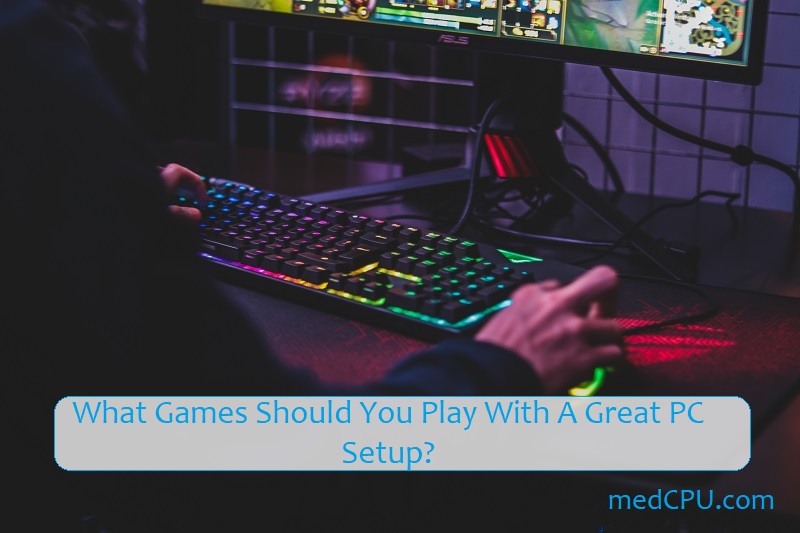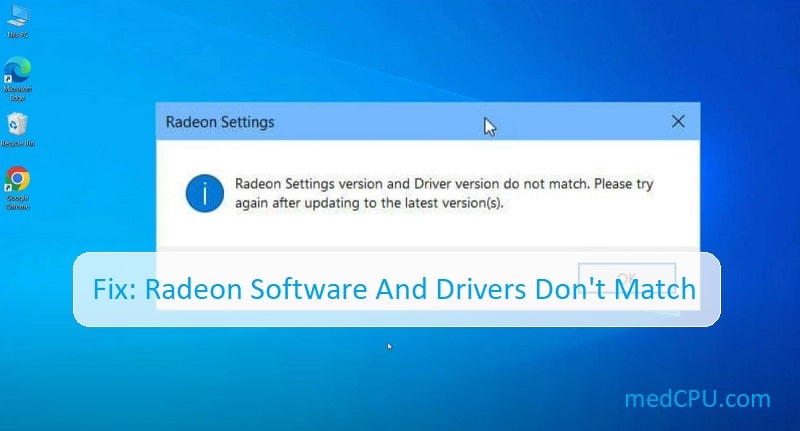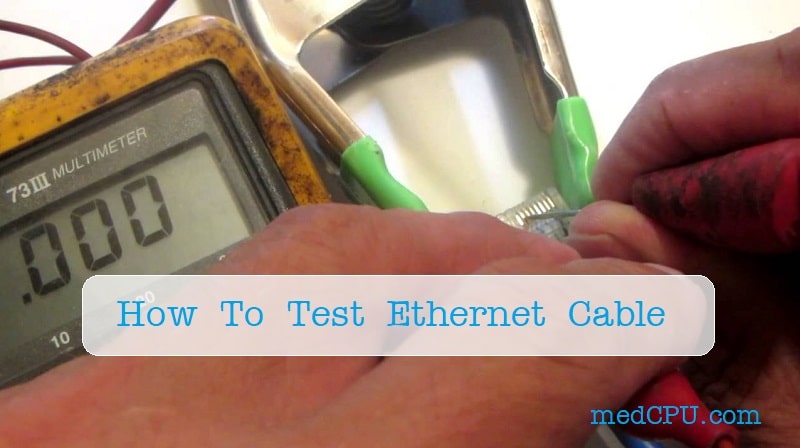How To Clean Cpu? Read on our guide below to find out more.
Cleaning your computer is essential to keep it running smoothly. If you skip this, your PC can slow down, or worse, and components will overheat. It would be best if you cleaned your computer regularly to avoid overheating and malfunction caused by dust inside your CPU.
In addition to shorting electronic devices, dust can act as an insulating blanket and prevent heat sinks and other substances from cooling. Within the following guide, you will learn the proper methods of cleaning your CPU. Let’s explore!

How often should I clean my PC?
A light dusting is recommended to maintain a healthy system every three to six months. If you have pets or live in a dusty area, it’s advisable to do so more frequently.
Deep cleanings should be done every six months to one year if you wish to maintain peak performance. However, it is recommended to do them every two years to prevent any overheating problems.
How to Clean Your Cpu
Your computer’s enemy is heated. Dust build-up can cause your computer to lose its cooling efficiency over time. This could lead to shorter life spans of your components. Clean the computer’s interior to keep it cool. Here are some tips:

Step 1: Turn off the computer and unplug your computer from an electrical outlet.
Step 2: Open the computer’s box.
Step 3: Use compressed air to dust your computer’s internal components using short bursts. Keep your fingers at least two inches from the motherboard, memory, processor, expansion cards, and processor.
Step 4: Use compressed air to remove dust from your case fans. To prevent the fan from spinning, hold it with your finger while blowing the compressed gas onto it.
Fan blades are delicate and can crack if they’re spun too fast. For finishing touches, you can use rubbing alcohol to clean the blades. For easier cleaning, remove fans from the case if they are difficult to reach or very dirty.
Step 5: Use compressed air to remove dust from the power supply. Make sure you clean any dust filters underneath your power supply.
Step 6: You should also clean the heat sink and fan on your processor. Use compressed air can blow away the dust from the fan and heat sink.
To remove any build-up, the heat sink or fan may have to be removed from the processor. Ensure to remove the thermal grease from the heat sink and processor, and then add new thermal grease to the heat sink.
To get rid of the thermal grease, dampen a lint-free towel with 99 percent Isopropyl Alcohol. Next, wipe off the thermal grease from both the heat sink and processor.
Although less concentrated alcohol may work, it could leave a residue that can reduce the effectiveness of the thermal paste. ArctiClean is a commercially available thermal material removal product. Coffee filters can also be used in place of a lint-free cloth.
Step 7: Next, clean the ports with compressed air.
How to deep clean your PC
You don’t necessarily need all the tools listed below, depending on how your computer is laid out and your cleaning needs. The more you have or are willing to buy, the better.

- A screwdriver is only necessary for screws that hold in components such as the graphics card or hard disk.
- A can of compressed air
- Cotton swabs (Q tips preferred)
- It can also be used as basic rubbing alcohol.
- A microfiber cleaning cloth
- Use thermal paste only if you need to clean or reseat your CPU.
When you are ready to clean your computer, disconnect it from the power source. Then, turn off the power switch to ensure safety.
Cleaning external components
You may only need a damp cloth and a few Q-tips, depending on your cleaning component. You can clean your monitor screen with a damp cloth. To clean between the keys, you can use a Qtip.
You can make your keyboard more portable by using removable keys. You can remove the keycaps to get into it, but make sure you don’t lose any!
Cleaning fans
Virtually any PC fan (case fans or graphics card fans, heat sink fans, etc.) can be cleaned with compressed air. A few blows of compressed air will remove most dust. If you are cleaning a fan in a case, make sure you open the case to let the dust escape into the environment.
Read more:
Cleaning internal components
It is best to remove an internal component from the larger system (the motherboard or power supply) before cleaning it. Use the Q-tip or compressed air techniques as necessary.
If you do not want to use disposable compressed air, you will need clean components such as the graphics card and hard drives. You can also use a dry cloth to wipe the hard drive or power supply. For difficult-to-reach areas, you can rub off any caked-on dirt or dust with Isopropyl Alcohol.
It is not a good idea to take apart the hard drive and power supply. You could endanger the warranty or, in the case of the power supply, your health. You can clean the motherboard slots of components such as your RAM, graphics card, or CMOS batteries with compressed air.
Cleaning/Resetting your CPU
Cleaning processor can be more difficult than cleaning other components. However, it can make your computer much more efficient. You should clean your CPU if the thermal paste has escaped from the chip’s top onto the motherboard.
Once the heat sink is removed, remove any thermal paste that remains from the bottom, top, and around the CPU. You can do this with isopropyl alcohol, cotton swabs, or a cloth.
After cleaning the area around the CPU socket, insert the CPU chip again and then apply the thermal paste to the top of the chip. It is important not to use too much paste as it can leak or spillover. However, you don’t want too little because you could overheat the chip.
Common advice is to use enough paste to cover a small grain of rice or pea. Reinstall the heatsink by carefully removing the heat sink.
Read more:
Conclusion
We hope that our guide will help you clean your processor. Leave a comment to let us know that you found this guide helpful. Thank you for spending your time at Medcpu.com. We are grateful for your support.
Video:

Eyal Ephrat serves as the co-founder and CEO of medCPU.com, where technology is making significant strides in the field of medicine. Through his experience in purchasing PC and laptop equipment and various other tech products, Eyal Ephrat contributes valuable insights to medCPU’s mission.





